Do blue light glasses actually work? We asked optometrists if you should get a pair
Do blue light glasses actually work and can they protect our eyes from all the screens in our lives?
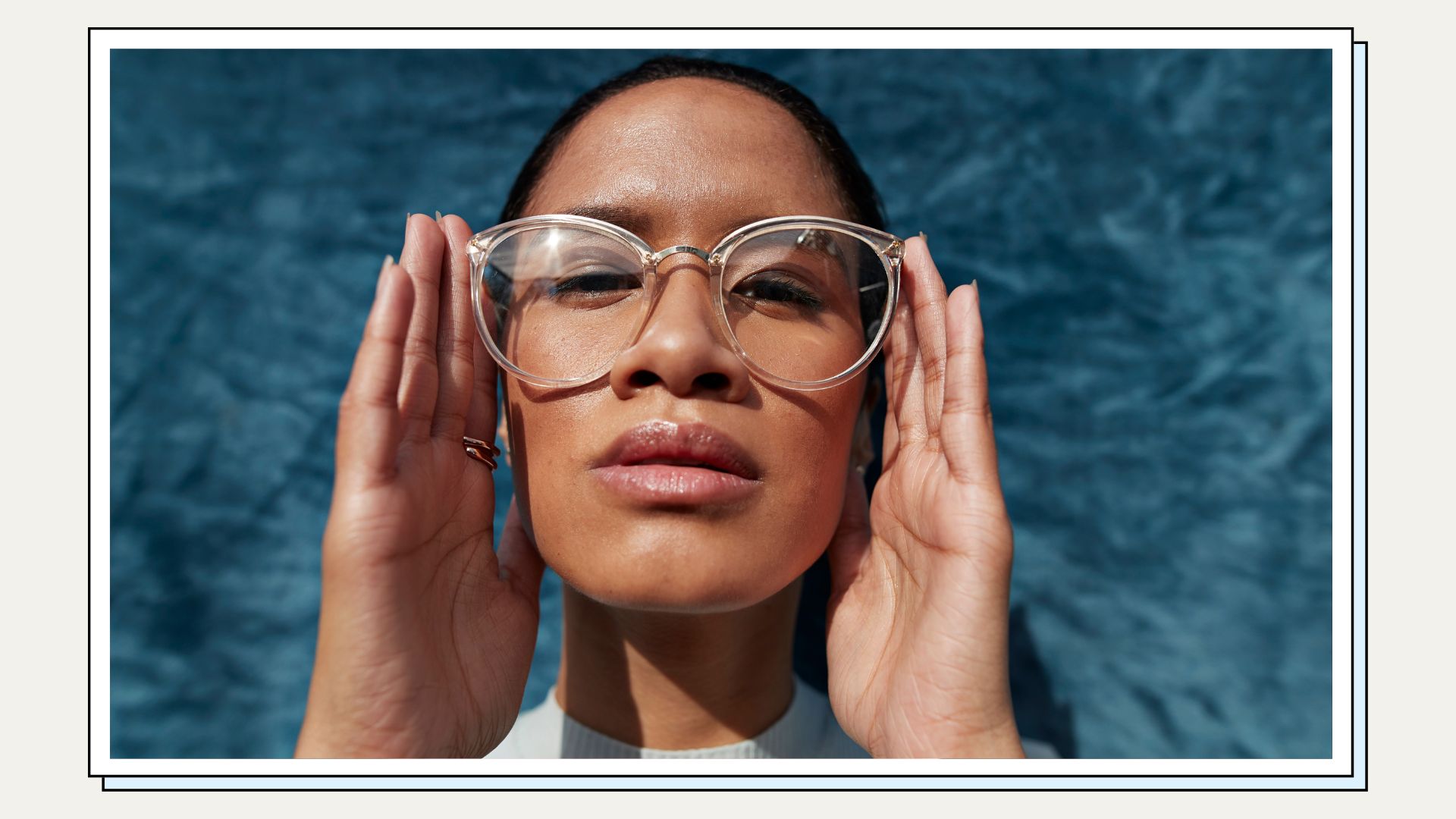

Do blue light glasses actually work? If you find yourself on screens longer than you'd like, you may have heard of blue light glasses and the protection they claim to offer for your eyes. But do they actually work and are they beneficial for your eye health? We spoke to optometrists to find out.
As we get older, we often find ourselves asking why is my eyesight getting worse and what could be causing it. Unfortunately, excessive screen time can be the answer. In a world of technology and screens everywhere we go, it can be near impossible to lower our screen time and keep our eyes protected too.
That's where blue light glasses come in. They're available with or without your usual prescription and claim to filter out the damaging blue light that digital screens give off. Keval Sejpar, Principal Optometrist at McAusland Optometrists says, "The impact of blue light on the eyes will vary based on the intensity, duration and timing of the exposure, along with an individual’s sensitivity to light."
So can blue light glasses really protect our eyes in the long term?

As both the owner and Principal Optometrist at McAusland Optometrist, Sejpar not only has several clinical responsibilities but also retains a special interest in the integration of technology into his optometry practices. He is also the Vice-Chair of the Association for Independent Optometrists and Dispensing Opticians and a member of Thea UK’s Experts on Your Eye (E.Y.E) Team.
Do blue light glasses actually work?
So are blue light glasses worth the purchase and can they benefit your eye health in the long run? Well, it turns out it's a little more complicated than yes or no. Speaking to Dr Elizabeth Hawkes, a leading Consultant Ophthalmic and Oculoplastic Surgeon and aesthetic practitioner, she says there is some contradicting evidence and advice around the glasses.
"Yes, they work but there is no evidence yet that blue light harms the retina. Blue light can however damage the skin around the eye like it can the rest of the face," she continues. "The glasses are good at reducing the amount of blue light entering the eyes but there is currently no evidence to show it can improve or protect eye health."
Whilst there isn't much reliable evidence to show that the glasses can positively benefit eye health, there are a couple of potential benefits for wearers. Dr Hawkes explains how there may be no difference between wearing normal glasses and blue light glasses, however, both can aid with dry eyes as the glasses act as a barrier to stop you from rubbing your eyes. If you are struggling with pervasive dry eyes it is a good idea to check with your eye doctor as menopause can cause dry eyes.
Sign up for the woman&home newsletter
Sign up to our free daily email for the latest royal and entertainment news, interesting opinion, expert advice on styling and beauty trends, and no-nonsense guides to the health and wellness questions you want answered.
"Another benefit to blue light glasses may be to wear them in the evening as too much blue light can affect circadian rhythms and make it hard to get to sleep," adds Dr Hawkes. Despite this, it is recommended that you avoid any screen time around an hour before bed.
The several optometrists we spoke to were unable to offer any guidance regarding purchasing a pair of blue light glasses due to the lack of scientific evidence supporting their effectiveness. However, if you want to buy a pair, then Sejpar says to choose a pair that your optometrist recommends if they do recommend them at all.
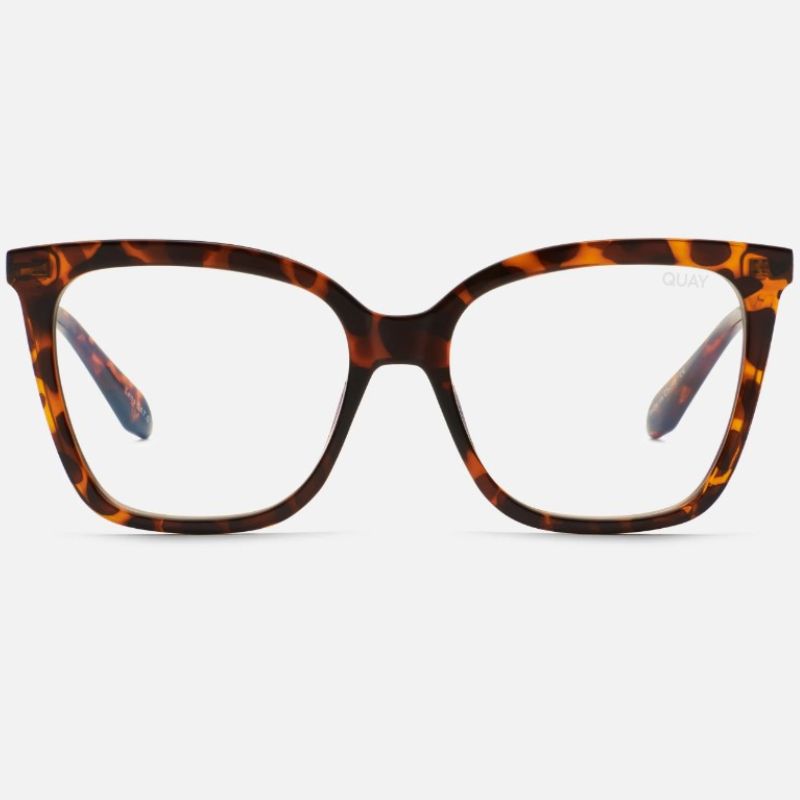
RRP: £39 | These are a pair that our Senior Writer Amelia Yeomans wears. They have a larger oversized frame with a rectangular shape and reinforced arms for durability. The frames are also prescription-ready so you can take them to the optometrist and have your usual lenses added in.
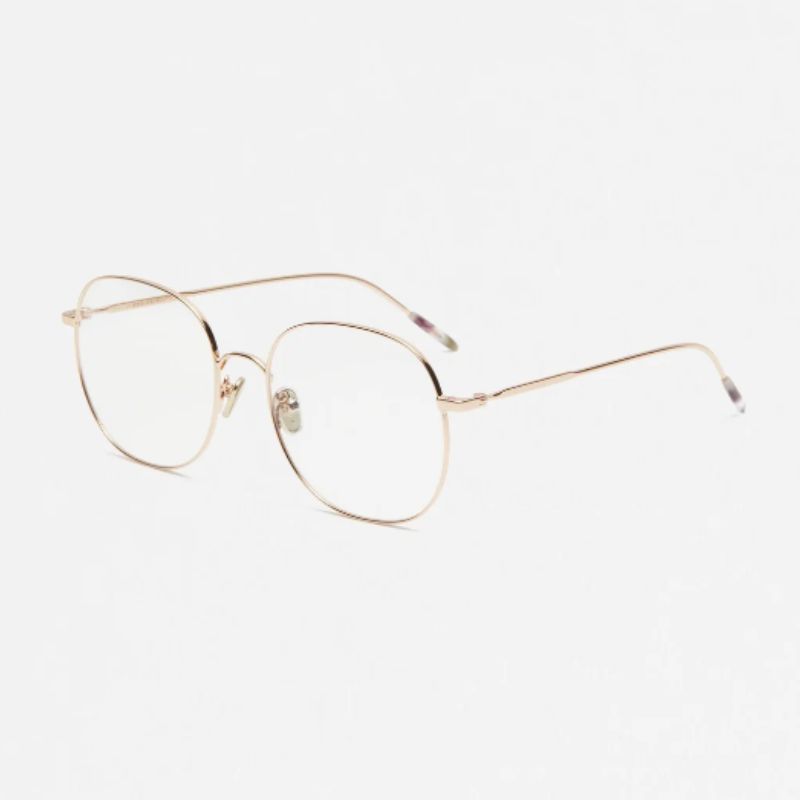
RRP: £178 | This delicate pair from Jimmy Fairly have a robust titanium frame. The brand offers the choice to add their blue light filter onto any of their frames for an added £49, and claims it helps regulate your sleep cycle, reduce eye strain and reduce fatigue.
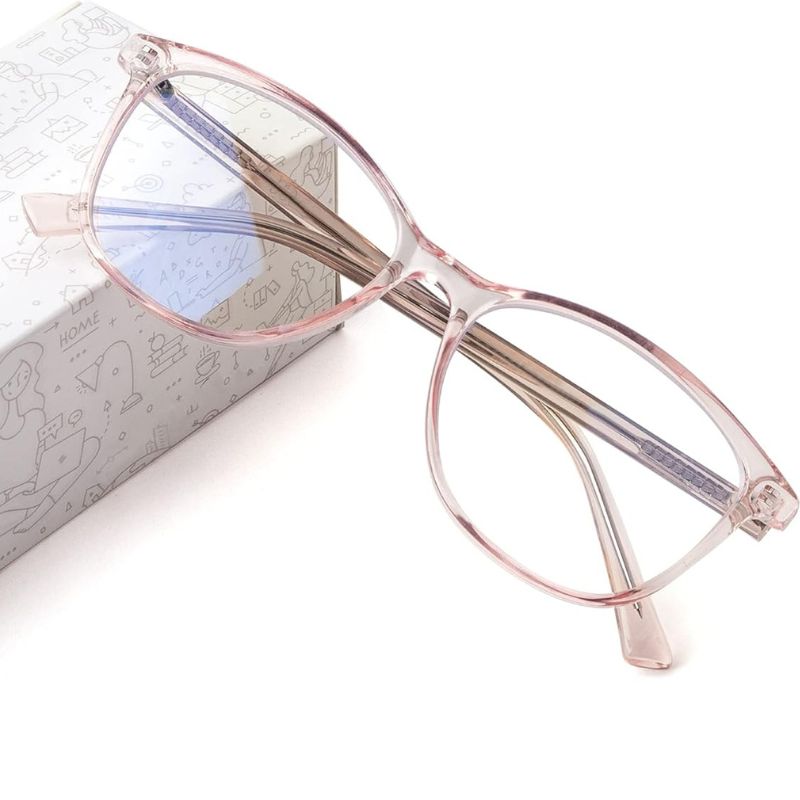
RRP: £12.60 | If you're looking to try out some blue light glasses and see if they work for you, then these affordable yet chic pair from Madison Avenue are a great place to start. However, it is best to check with your optometrist to see which kind is best.
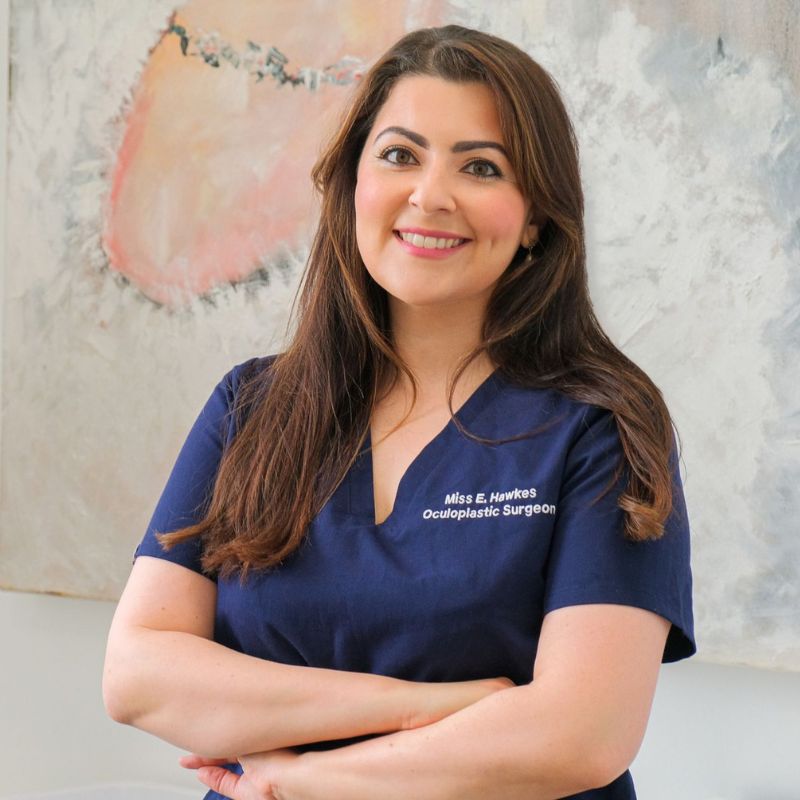
Dr Hawkes specialises in complex aesthetic eyelid surgery and is renowned for her delicate surgery techniques. She is also one of a very small group of aesthetic oculoplastic surgeons who also perform intraocular surgery for cataracts. She has won multiple awards for her surgeries and is now head surgeon at the Cadogan Clinic in Chelsea.
How can I protect my eyes from my computer screen?
Taking regular breaks away from your screens, whether that's at home or work, is one of the most effective ways to protect your eyes whilst using your computer. Dr Hawkes says, "I always recommend the 20-20-20 rule so that every 20 minutes you look out of the window at something 20 metres away for 20 seconds."
The reason for taking breaks is not only to look at something other than a screen but also to encourage your eyes to blink more, which they usually don't do as often when you're staring at a screen. Blinking moisturises your eyes and sweeps tears across your eyes keeping them healthier and hydrated.
Aside from this, making sure you're up to date with your eye tests is extremely important. Knowing how often you should have an eye test is not common knowledge and more often than not we can go way too long without regular tests which can mean vision changes go unnoticed. That's why it's best to get your eyes tested at least every two years, or as soon as you experience a problem.
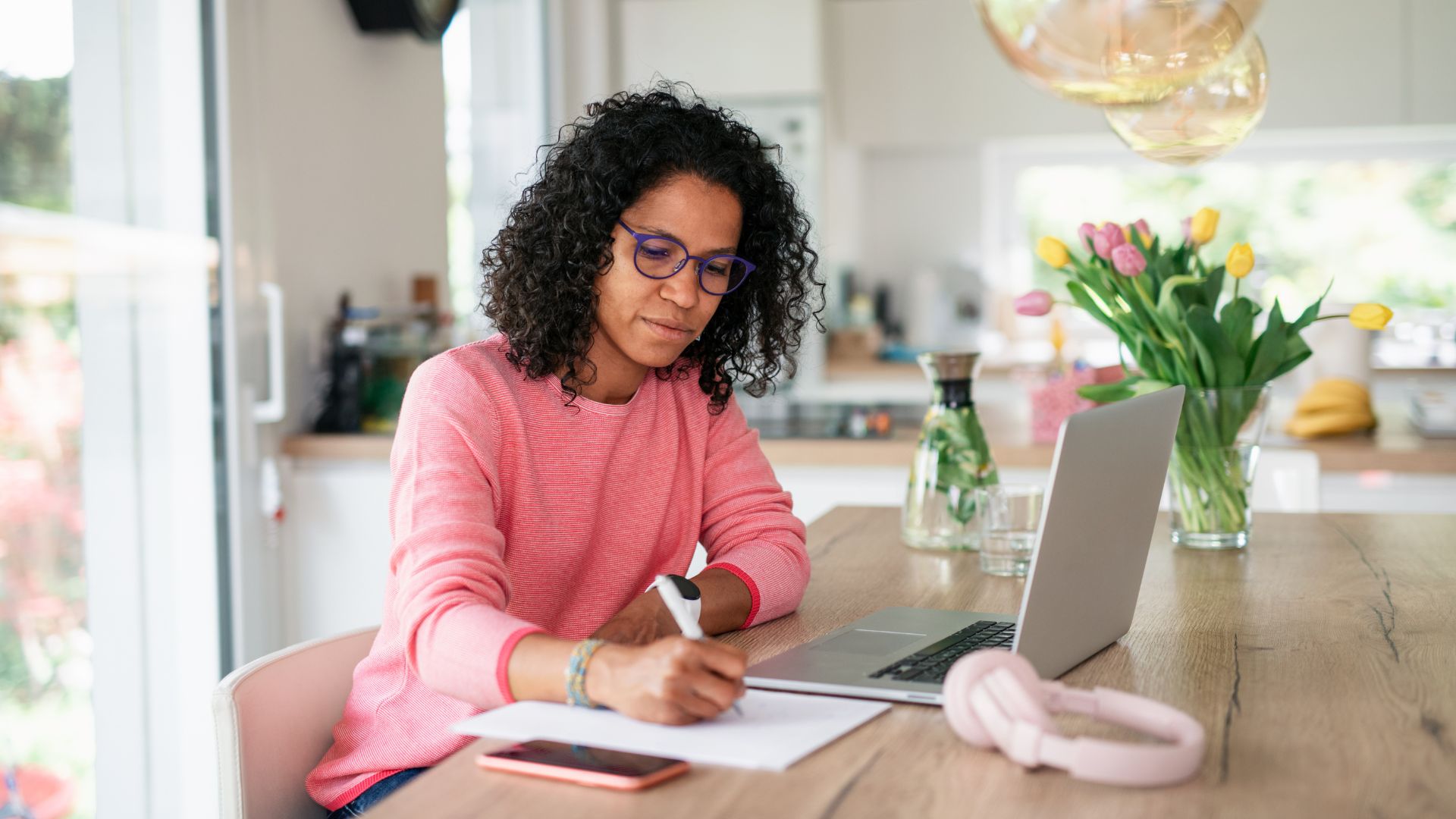
How to reduce the effect of blue light on your eyes
With the news that blue light glasses may not be helpful for all that dreaded screen time, what are the other ways you can protect your eyes from blue light? Luckily there are a few steps to take to avoid the negative effects of excessive blue light exposure without needing specialised glasses.
1. Choose anti-glare coating for your glasses
On your next trip to the opticians, it may be a good idea to opt for the anti-glare coating that they usually offer on any new glasses. Dr Hawkes explains, "You can also make your eyes more comfortable by wearing glasses with an anti-glare coating on the lenses and this helps to limit the impact of light reflections on your eyes and could reduce eye strain." Anti-glare coating is also great for driving as it can make the shine of headlights less harsh and disruptive.
2. Adjust the screen settings
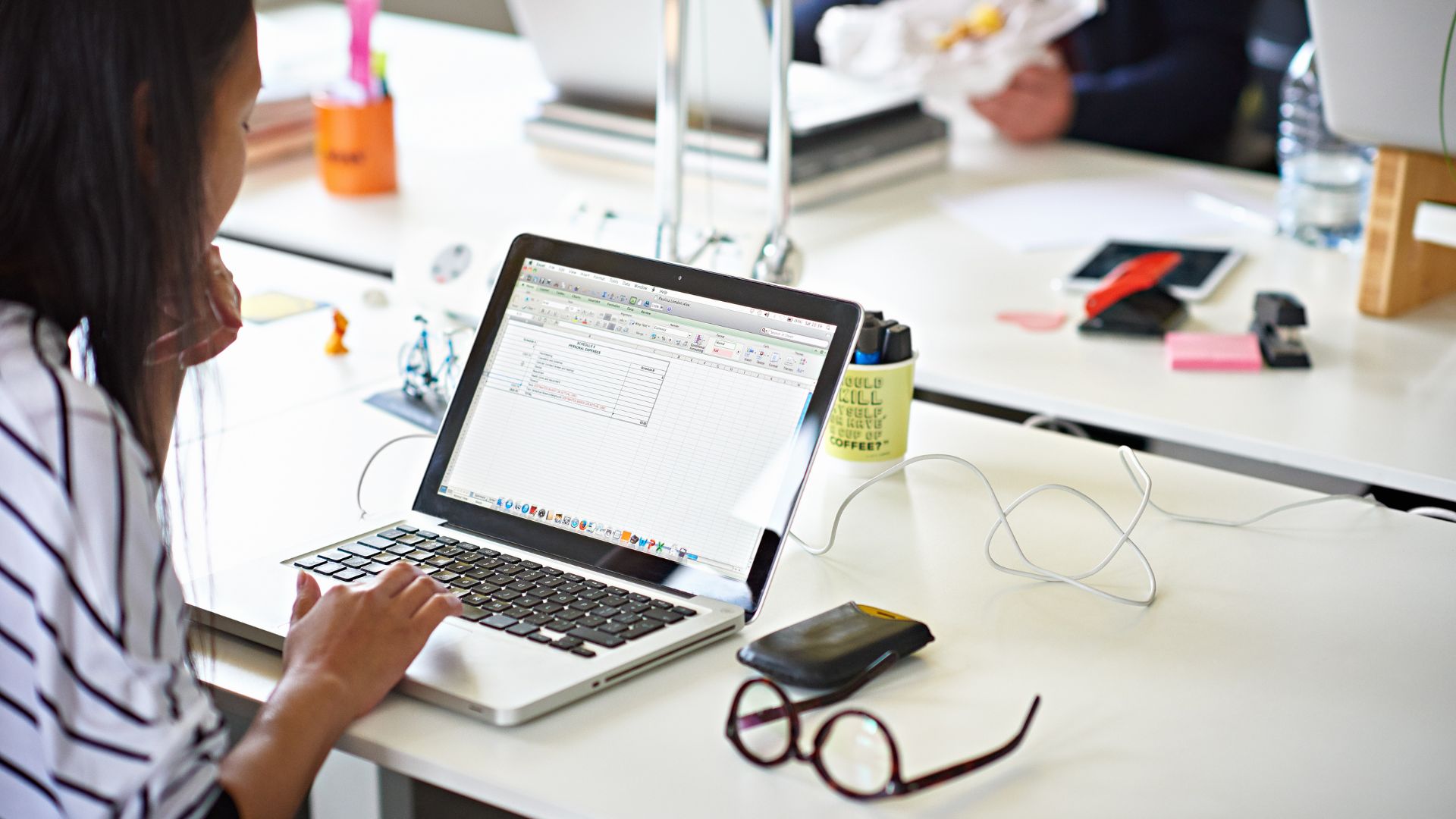
If you're finding your computer screen particularly uncomfortable to look at or find yourself straining to see words or colours then it can be a good idea to check if the settings are adequately set for you. Hemesh Jethwa, Specialist Optometrist at the OCL Vision clinic in London, recommends adjusting both the brightness and the contrast of your computer screen until it's at a comfortable setting and you can see everything clearer without straining.

Working at OCL Vision in London, Jethwa has extensive experience in laser, lens and refractive surgery assessment. He also specialises in corneal and external eye diseases, retina problems and glaucoma.
3. Use hydrating eye drops
After long days looking at your computer, your eyes might feel dry and sore - this is when having hydrating eye drops can come in handy. Jethwa highly recommends using lubricating eye drops (like Optrex, which you can get from Amazon), especially when you get that gritty eye feeling after a long day of working. He says, "Sterile eye drops cost a few pounds from any pharmacy and can help supplement your eyes’ natural lubrication." You should feel instant relief after using eye drops and they should also help with your eye health in the long term.
4. Try to blink more often
This may sound a little obvious, but as was mentioned before when we're sat in front of a screen for a long amount of time our bodies can automatically stop blinking so regularly. When concentrating on something, like work or internet browsing our eyes can dry out quickly without us realising. That's why Jethwa stresses the importance of making sure you blink regularly as it will sufficiently moisturise the eyes and stop any itchy feeling from occurring.
5. Eating certain foods
This is a more long-term solution, but adapting your diet can help with your eye health and keep it as strong as possible for as long as possible. Dr Hawkes explains how eating foods high in lutein, zeaxanthin, omega-3 fatty acids, and vitamins like beta-carotene can significantly help with your vision.
"This includes dark greens, eggs, fatty fish, … and, of course, carrots!", says Dr Hawkes. And if you need another excuse to spruce up your diet, dark leafy greens are also one of the foods high in vitamin C, which is perfect for the winter months.
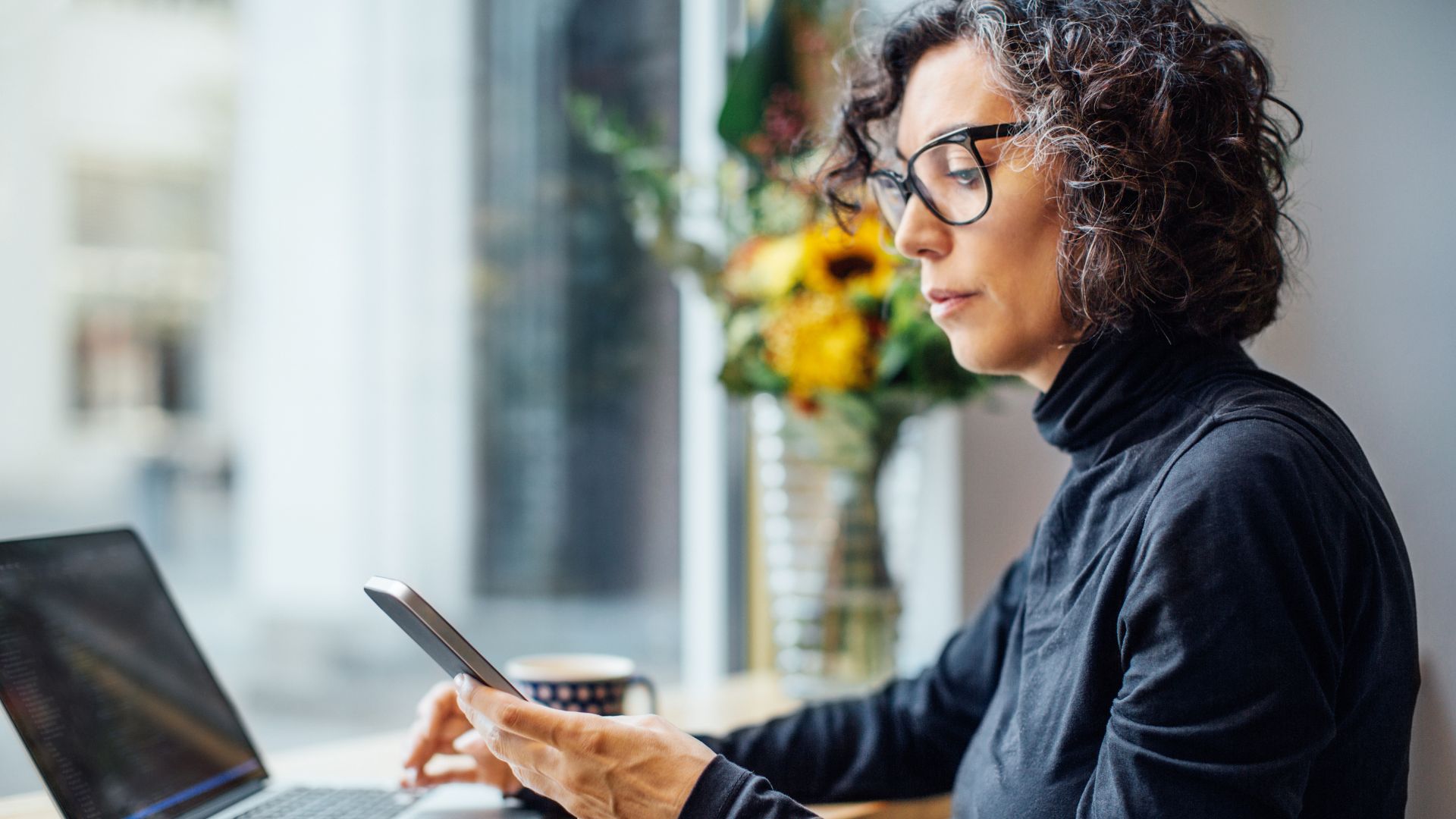
6. Use screen filters
Luckily there is a way to help the problem from the source, as most models of computers or phones now offer screen filters that turn the blue light into an orange-toned light. Dr Hawkes says, "You can install screen filters on your phone to reduce blue light in your eyes. You can also use low blue light bulbs where possible."
This, like adjusting the settings of your computer, is a great preventative way to stop blue light from reaching your eyes in the first place. Studies have also linked blue light use before bed to weight gain due to its effect on energy expenditures.

Emily joined woman&home as a staff writer after finishing her MA in Magazine Journalism from City University in 2023. After writing various health and news content, she now specialises in lifestyle, covering unique cleaning hacks, gardening how-tos, and everything to help your houseplants thrive.
-
 The most decade defining royal moments of the 80s - from Princess Diana fever, royal births and Queen Elizabeth II's historic firsts
The most decade defining royal moments of the 80s - from Princess Diana fever, royal births and Queen Elizabeth II's historic firstsA lot happened in the 80s, and we don't just mean leg warmers and the rise of Madonna
By Jack Slater
-
 Celebrities who have spoken openly about menopause - and what they had to say
Celebrities who have spoken openly about menopause - and what they had to sayCelebrities such as Oprah Winfrey and Jennifer Aniston have helped combat the 'taboo' of talking about menopause in the public eye
By Grace Walsh
-
 Is coffee good for gut health? Nutrition experts reveal the truth behind our favourite wake-up call
Is coffee good for gut health? Nutrition experts reveal the truth behind our favourite wake-up callIs coffee good for gut health? Or is it time to bid adieu to our beloved caffeinated friend?
By Emily Smith
-
 Winter plays havoc with our gut health - here's how to get it back on track
Winter plays havoc with our gut health - here's how to get it back on trackExperts reveal why it's so important to look after your gut health in winter and how to do it best
By Emily Smith
-
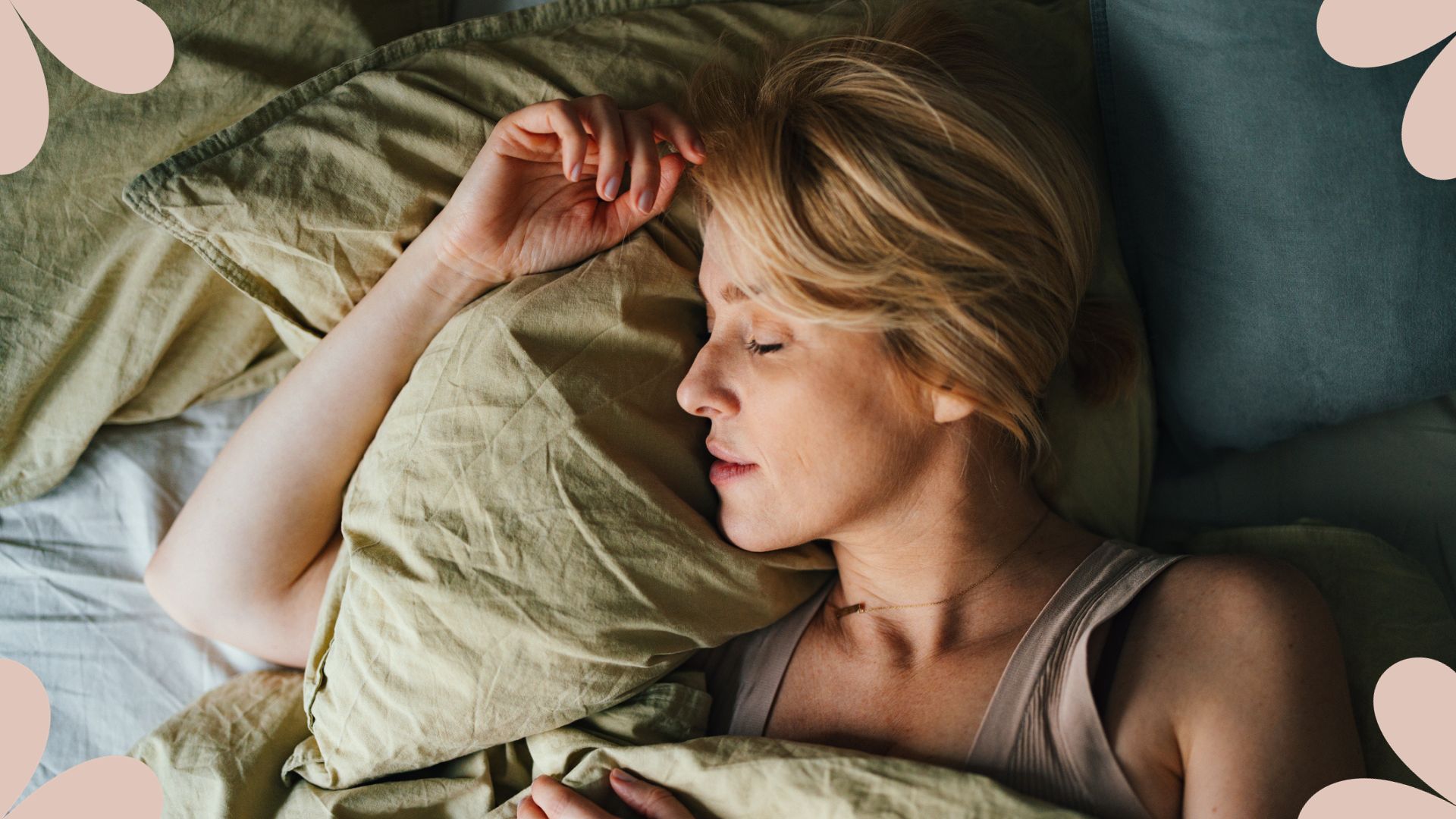 What is pink noise? Experts reveal how this sleep-inducing sound works to help you drift off
What is pink noise? Experts reveal how this sleep-inducing sound works to help you drift offYou might have heard of white noise before but it's pink noise that's been proven to help you drift off and improve your health in other ways
By Emily Smith
-
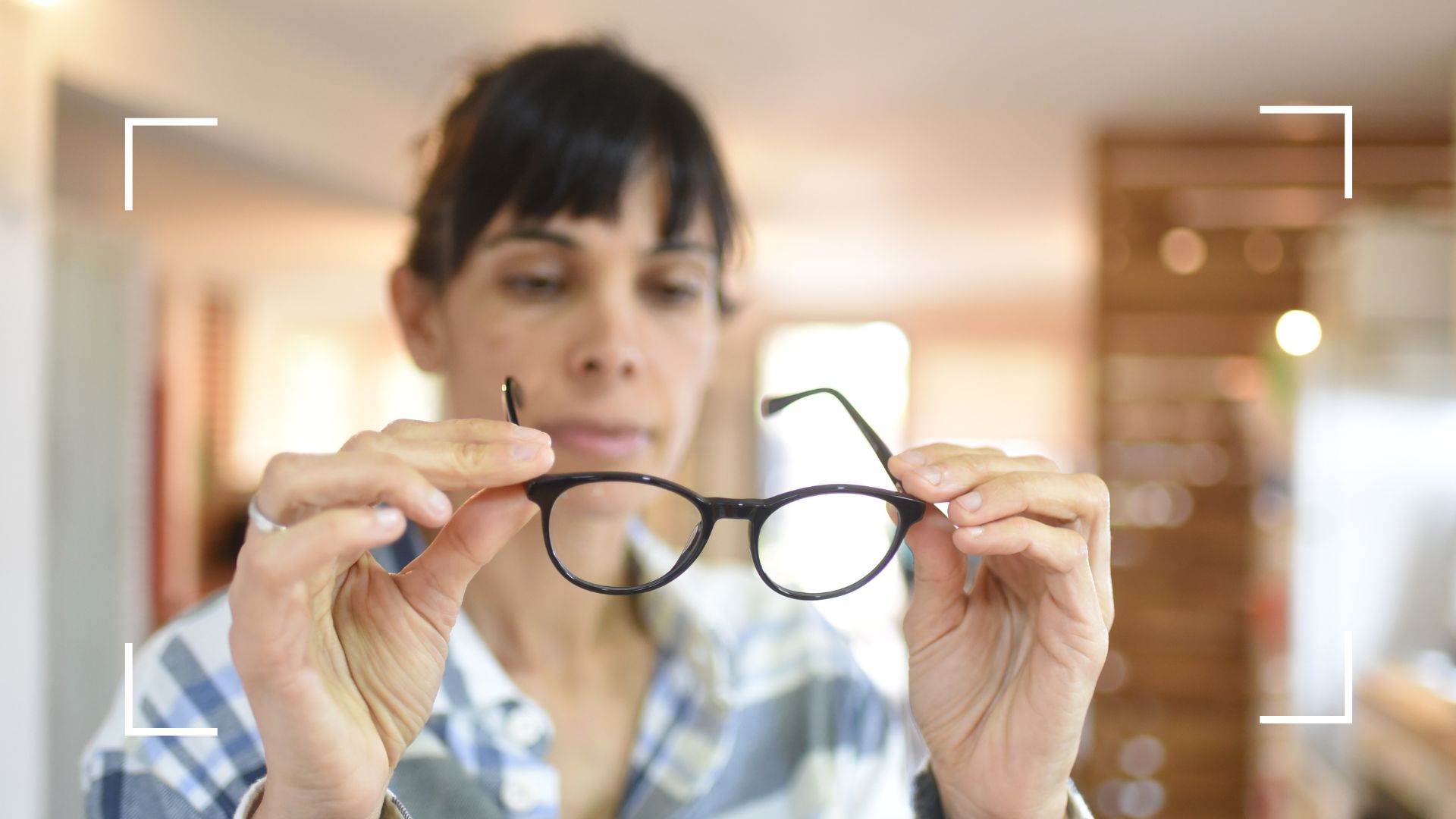 Can menopause cause dry eyes? Doctors reveal the truth behind the symptom
Can menopause cause dry eyes? Doctors reveal the truth behind the symptomYou might not think having dry eyes has anything to do with menopause, but this is actually one of the more unexpected symptoms
By Emily Smith
-
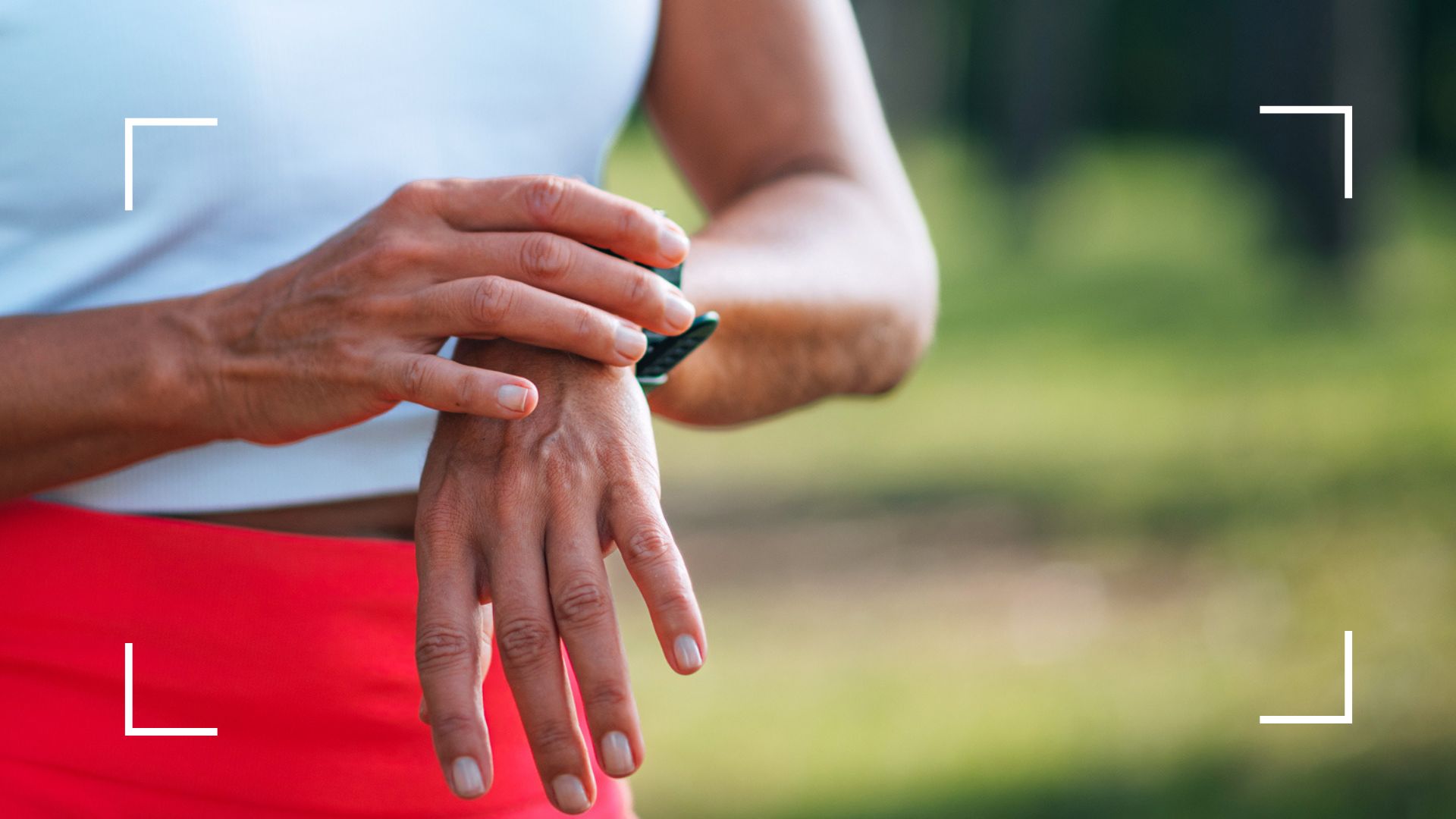 How to clean a Fitbit properly with these 5 easy steps
How to clean a Fitbit properly with these 5 easy stepsHere's how to clean a Fitbit properly, after a study has revealed it's most likely three times dirtier than a toilet seat
By Emily Smith
-
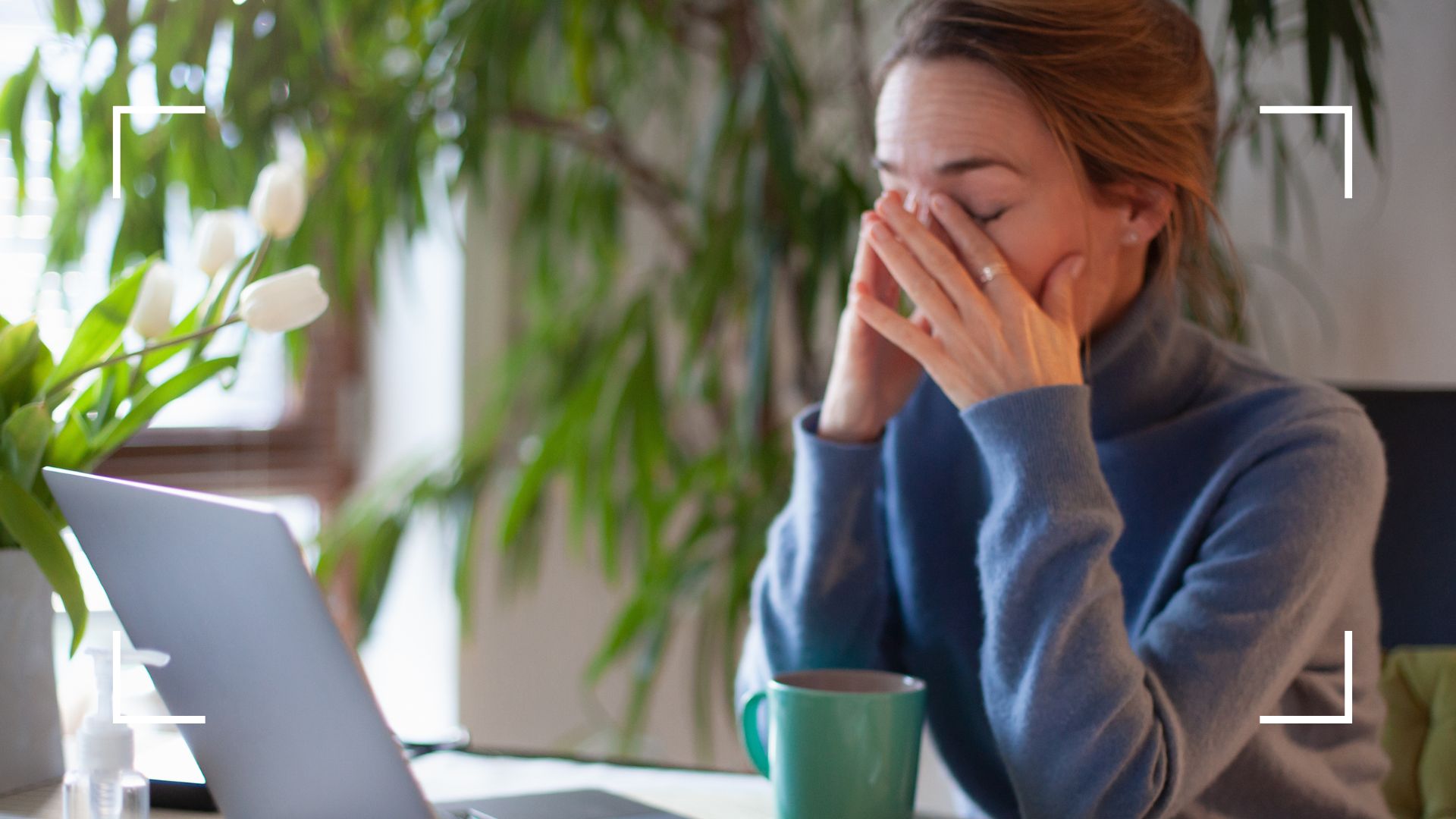 Can menopause cause insomnia? If you're having sleepless nights, this is what a doctor wants you to know
Can menopause cause insomnia? If you're having sleepless nights, this is what a doctor wants you to knowCan menopause cause insomnia? Unfortunately so, but there are a few ways to lessen the effects and get a better night's sleep
By Emily Smith
-
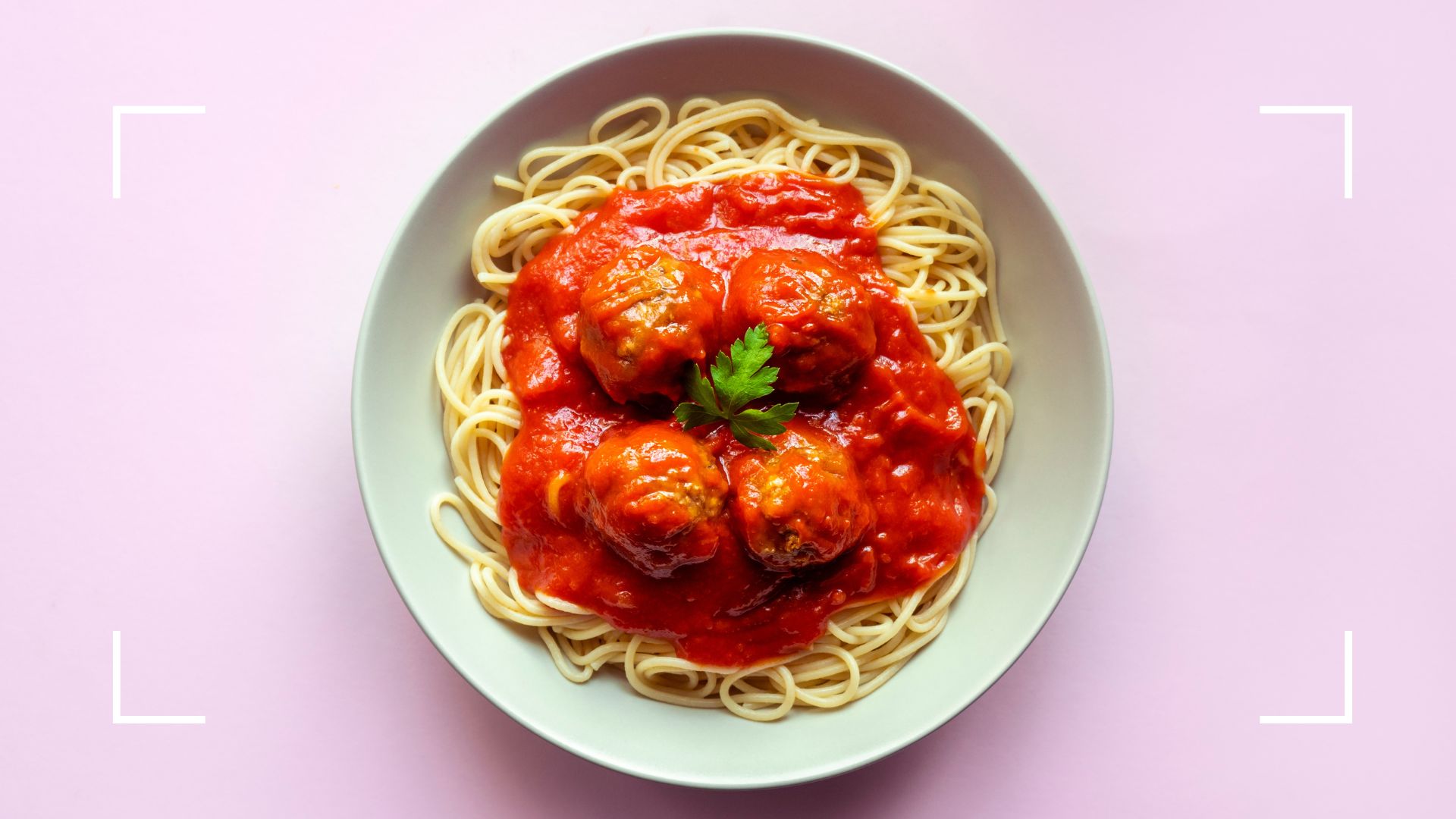 Can menopause cause a loss of taste and smell? Plus, 6 other signs of menopause you might not expect
Can menopause cause a loss of taste and smell? Plus, 6 other signs of menopause you might not expectCan menopause cause a loss of taste and smell? It's more than just colds and flu that can change our tastebuds
By Emily Smith
-
 5 foods for seasonal affective disorder to boost your mood
5 foods for seasonal affective disorder to boost your moodIf you're struggling with the idea of upcoming winter blues, some foods for seasonal affective disorder are better than others
By Emily Smith